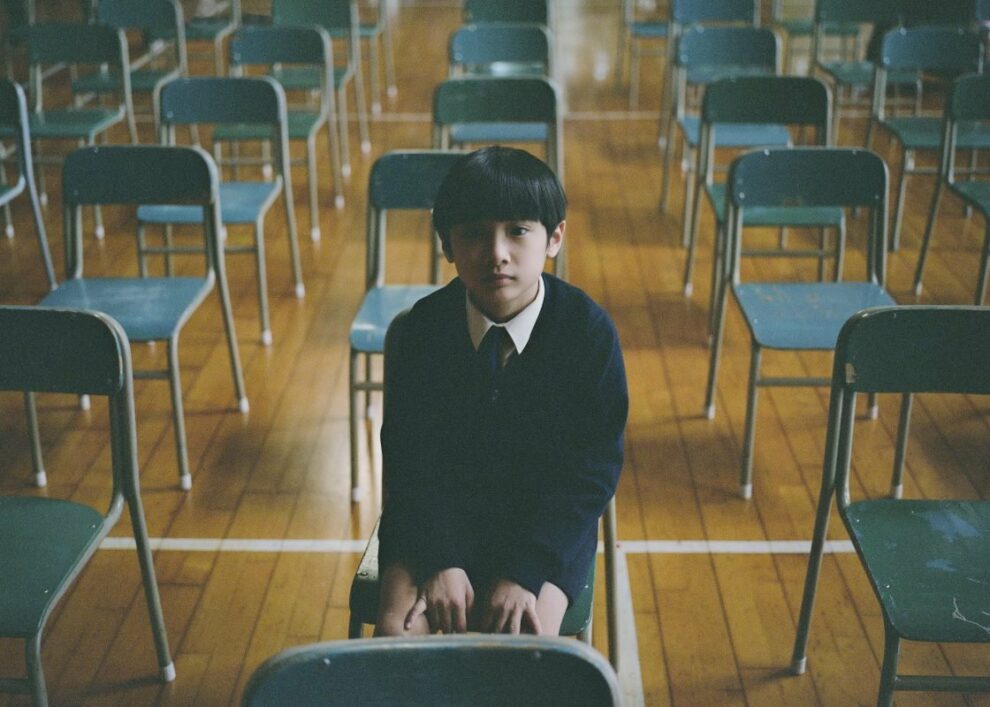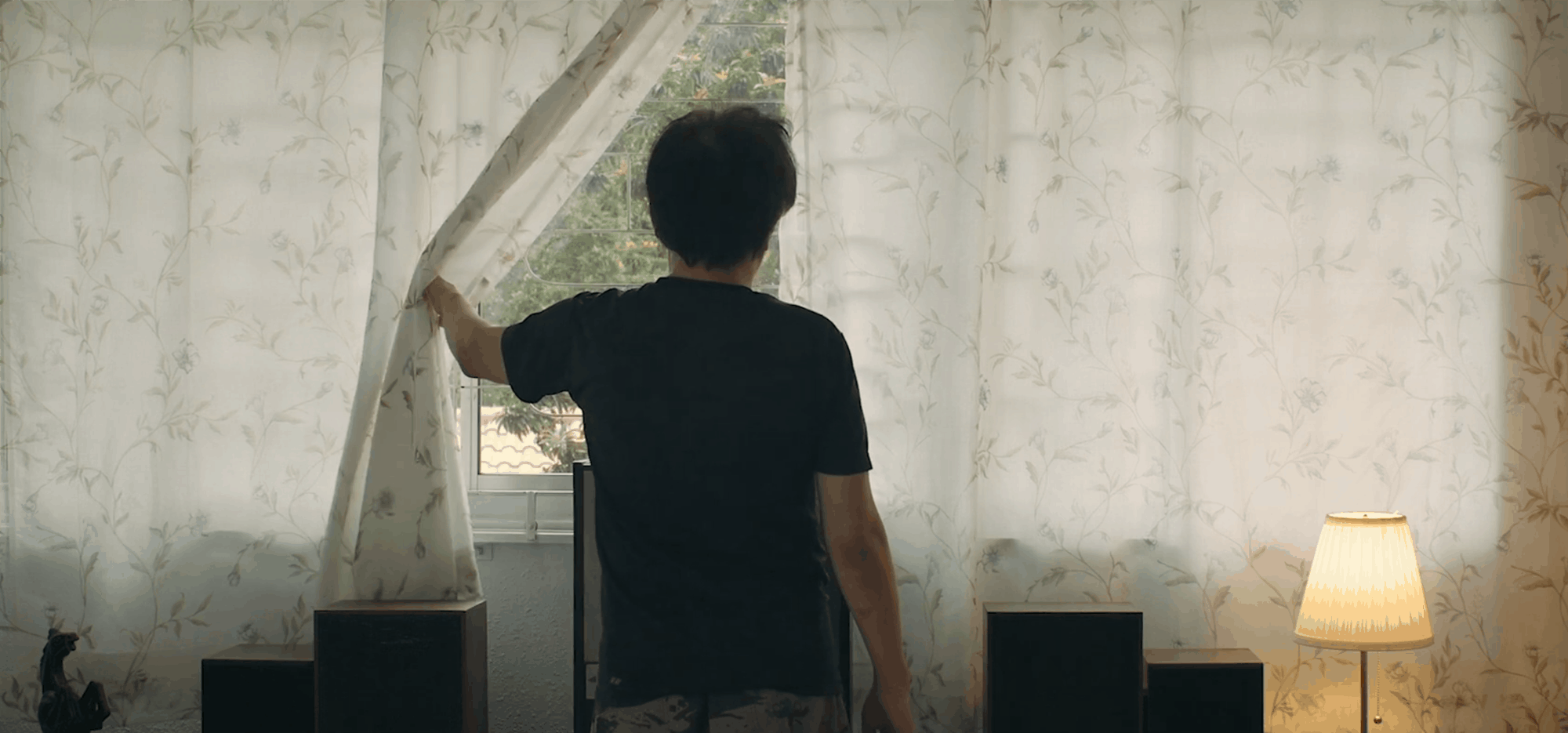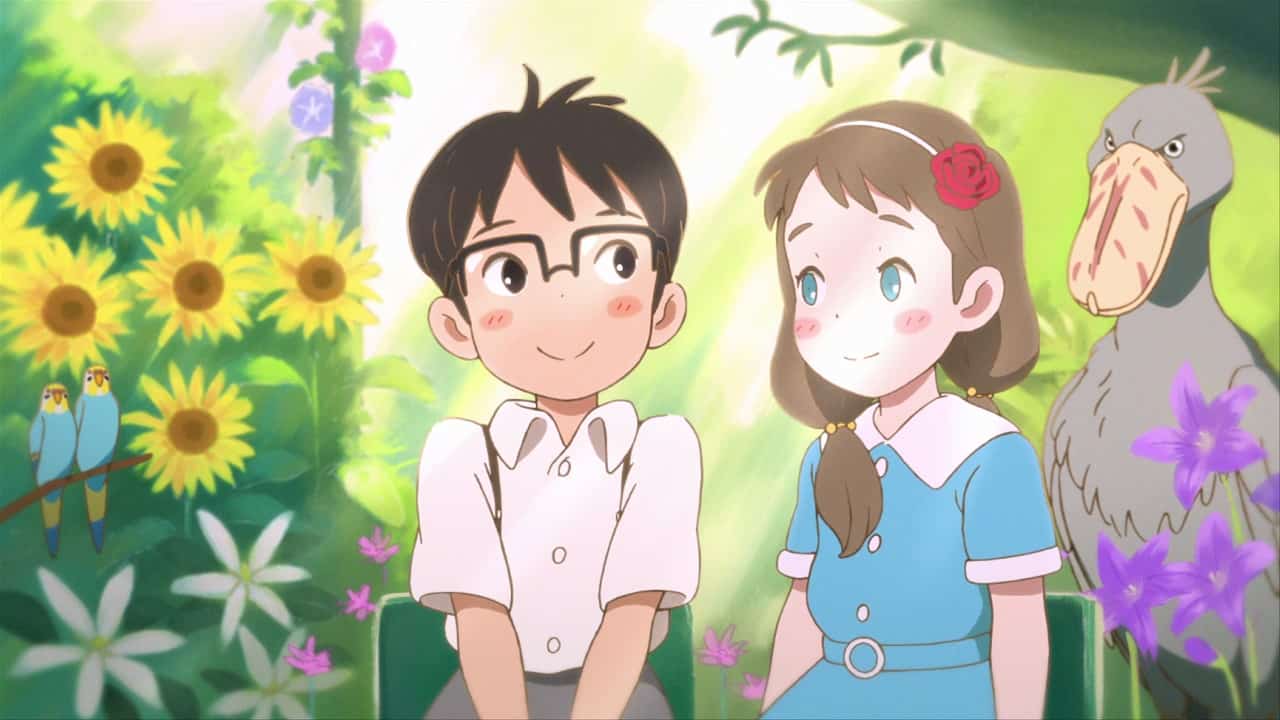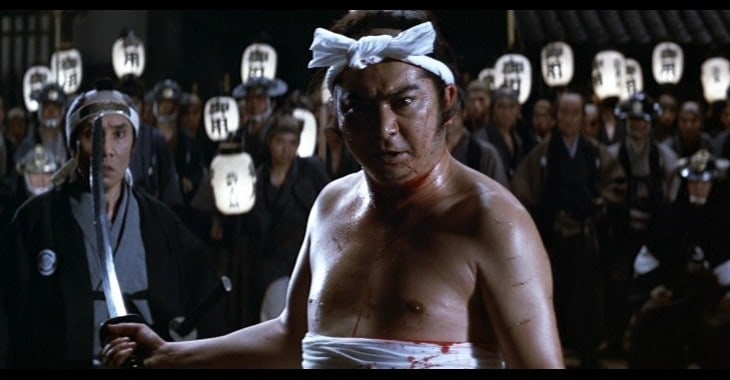It seems that 2023 has been a great year for Hong Kong family/social dramas, with titles like “Fly me to the Moon” , “Lost Love” and “In Broad Daylight” having a significant impact in the industry. Nick Cheuk's feature debut “Time Still Turns the Pages” can easily be added in the same list, in a film that deals with how the actions of parents affect and shape their children.
“Time Still Turns the Pages,” hits the UK cinemas on 24th November, courtesy of Trinity CineAsia
High school teacher Cheng tries to be kind and considerate to all his students, but when a cleaning lady discovers a suicide note, a triggering memory of his rather demanding, rather harsh and violent father begins to resurface. Eventually, the faculty decides to ask a student for help in the matter. At the same time, Cheng is in the middle of a divorce, which he finds quite difficult to acknowledge. As his research continues, a number of revelations, as much as his past, come to the fore.
Nick Cheuk directs a film that unfolds in three axes, one taking place in the far past, when he and his brother were children, one in the present, with him trying to deal with his divorce and the suicide note, and one in the recent past, which focuses on his relationship with his wife. The three intermingle throughout the movie, but the childhood one essentially encompasses the other two. Probably the best trait of the direction is the way Cheuk shows us a child suicide in the beginning, which eventually becomes clear it took place in the Cheuk family, but retains a sense of mystery on what and to whom it happened. This sense, although the answer becomes evident after a fashion, works exceptionally well for the narrative, essentially carrying the film until the third part.
Check also this interview
As we watch a father distinguishing among his two sons in the harshest way, with the “smart” one with the good grades getting more allowance, sent to better schools and essentially receiving royal treatment while the “dumb” one is almost constantly being pinned down and beaten, Cheuk makes his comment about parenthood in the most pointed and shocking fashion. That the trauma remains in the protagonist is also quite evident, eventually being revealed that is the one who shaped him as a person, and the reason behind the years-long depression he faces, which also had consequences in his relationship with his wife. The accusation here is rather clear, with an excellent Ronald Cheng embodying the role of the villain in the best fashion.
Cheuk does not leave his protagonist without blame, particularly for his inability to open up, even to his wife, but the blame definitely remains on the father, with the ending of the movie highlighting the fact even more eloquently. Furthermore, the film also deals with a more general concept, about how the pressure to follow the good grades-good school-good university-good job path is tormenting youths (in Hong Kong), with suicide occasionally emerging as the sole way out from both pressure and failure. Lastly, the concept of bullying also emerges as a side one, with Cheuk actually presenting (elite) schools as a truly suffocating setting, both due to the parents' and the teachers' ignorance about what is actually happening in their children's lives.
Although the majority of the movie is captivating to watch due to the aforementioned, in the third axis, regarding the relationship with his wife, the quality definitely deteriorates, with the movie moving into melodramatic paths in a way that also extends its duration for no apparent reason. Granted, the ending regains the interesting while showing the importance of that part in the economy of the movie, but the sense does remain.
On the other hand, the acting here is on a particularly high level. Lo Chun Yip as Cheuk carries his past trauma, his depression, and his resolve to help in the most convincing fashion, with his interactions with his students and his father being the zenith of his performance. The one who steals the show, though, is definitely Sean Wong Tsz-lok as the ‘dumb' brother, with the way he reacts after he fails and is punished or ignored by everyone around him being a true to wonder to watch.
Meteor Cheung Yu-hon's “foggy” cinematography works quite well throughout, with the fact that almost all the settings (school, house, apartment) are depicted in the same way showing that the place may change, but the issues remain the same. Chan Hiu Chun Keith and Nick Cheuk's editing result in a relatively slow pace that suits the overall aesthetics of the movie, while the back and forths in time are well placed within the narrative. A bit more crisp editing would probably help the last part, but in general, their work is quite good.
Despite the aforementioned issue, “Time Still Turns the Pages” is an excellent film that manages to present its main comment, about the relationship of parents with their children in the best fashion. And on a personal note, in combination with the three titles we mentioned in the prologue, it seems that the family drama may be the way for HK cinema to reach its previous heights once more.















